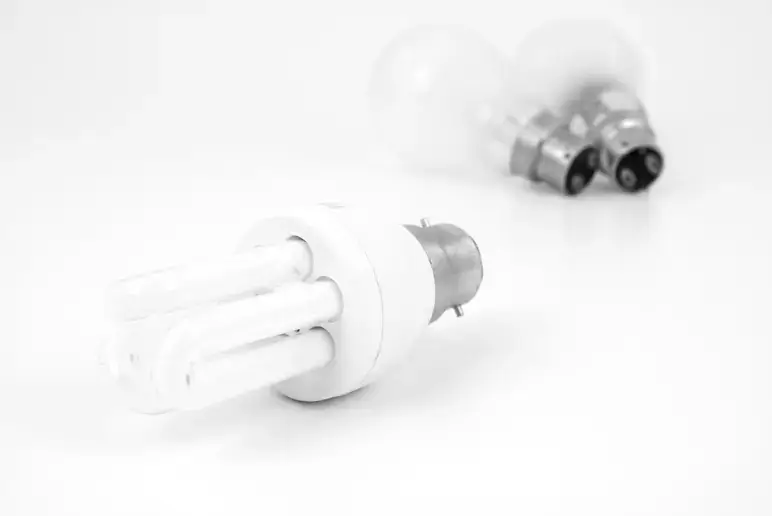The Many Perks Of An Energy-Efficient Home

The comforts of home are best enjoyed when you have more money in your pocket, lower bills to pay, and a lighter carbon footprint on the environment. An energy-efficient home delivers all of this and more.
When was the last time you noticed how much energy your home actually uses on a daily basis? Chances are, the number would shock you. Heating, cooling, lighting, appliances, and electronics in an average home consume lots of electricity, gas, and other utilities—most of which get wasted or emitted as excess heat and pollution.
What if there was an easy way to drastically reduce your usage and costs, enhance your comfort, boost your home value, and become greener in the process? The good news is, there is. And it starts with improving the energy efficiency of your living space.
Lower Utility Bills
Energy-efficient homes use less energy to heat, cool, light, and power the space. This means substantially lower utility bills for electricity, gas, oil, and other utilities. You can save 10-50% or more on your annual energy costs with improved efficiency.
Every bit of energy saved helps. Even small changes like upgraded insulation, air sealing, LED lights, and Energy Star appliances add up to big savings over time. The less energy wasted, the more money in your pocket.
Higher Resale Value
Energy-efficient homes are attractive to buyers and generally have a higher resale value. If you update and make your home energy efficient before selling, you can often ask for a higher price percentage-wise in comparison to the cost of upgrades.
Buyers searching for sustainable, money-saving homes will view your property as a “green” and affordable option. Efficiency features and certifications like Energy Star or Leadership in Energy and Environmental Design (LEED) also boost the appeal and perceived value.
Increased Comfort
When your home retains more heat and stays cooler in summer without struggling to regulate temperature, you feel more comfortable. Tighter insulation and high-performance windows reduce drafts and keep the temperature consistent throughout the space.
Properly insulating your attic, walls and any exposed pipes also prevents heat loss or gain through unintended air leaks and drafts. You stay at your ideal temperature without the ups and downs of an inefficient system working overtime to compensate.
Environmental Impact
By using less energy, you lower carbon emissions from power plants and reduce your environmental footprint. Every kilowatt-hour of electricity and unit of fossil fuel not used helps tackle climate change in a small way.
Improving home efficiency is one of the biggest impacts individuals can make toward sustainability. When combined, the energy reductions from efficiency gains in homes, vehicles, and communities become tremendously impactful over time. You do your part and encourage positive change.
Government Incentives
Federal, state, and local governments offer incentives and rebates for energy efficiency upgrades in homes. Things like insulation rebates, HVAC rebates, renewable energy rebates, and more can save homeowners money when improving efficiency.
Incentives help offset the costs of sustainable improvement and make eco-friendly retrofits more affordable and accessible. Taking advantage of any incentives available for your situation means tax dollars go further and benefits are bigger.
To Wrap Up
An energy-efficient home offers many benefits to homeowners. By investing in energy-efficient upgrades like insulation, Energy Star-rated appliances, solar panels, and green heating/cooling systems, homeowners can reap huge benefits. The financial, environmental, and lifestyle benefits of an energy-efficient home are well worth the effort and investment required to achieve them.
